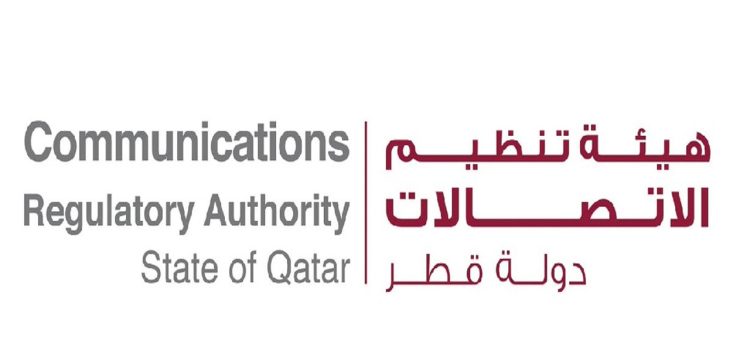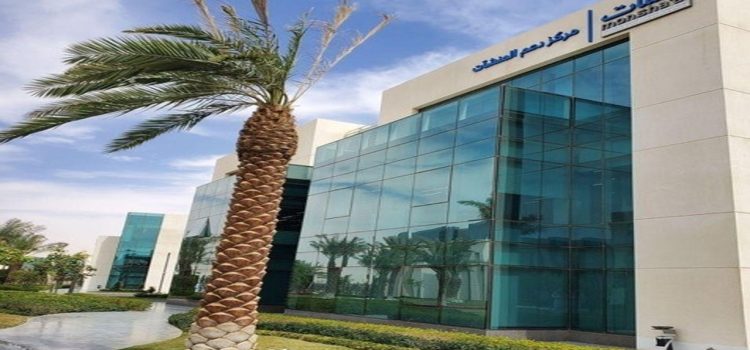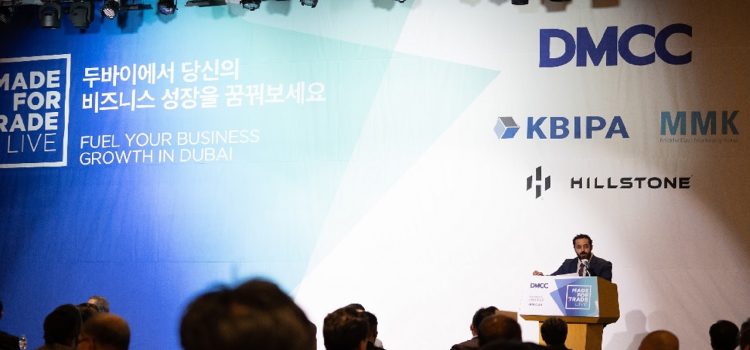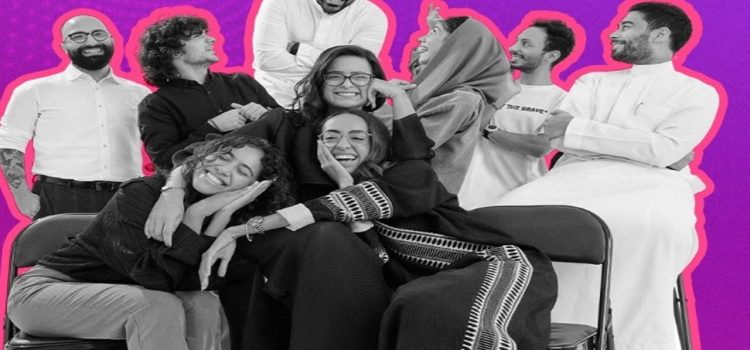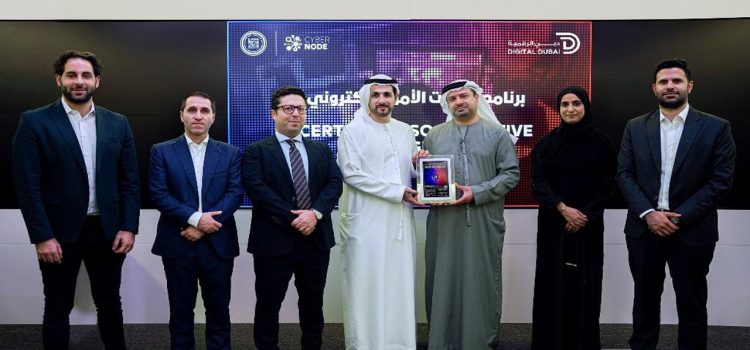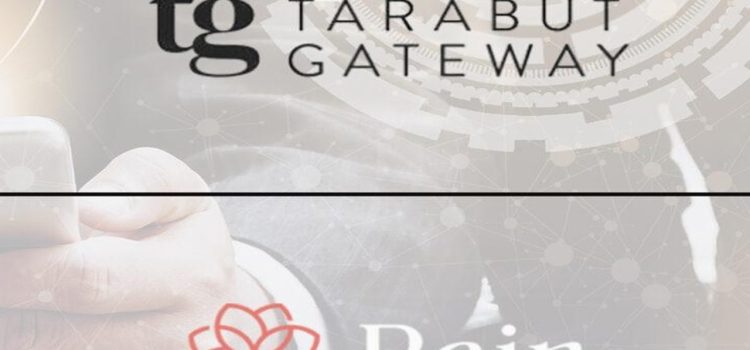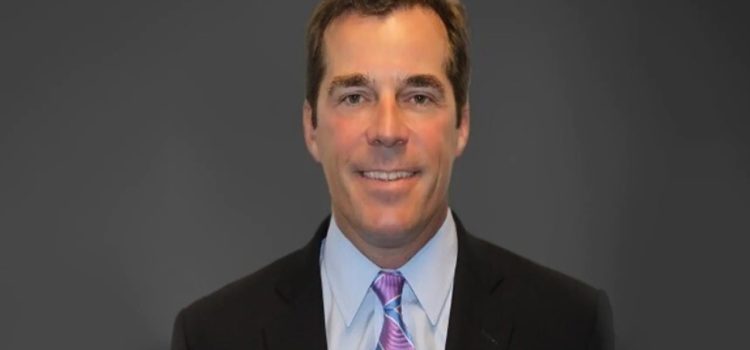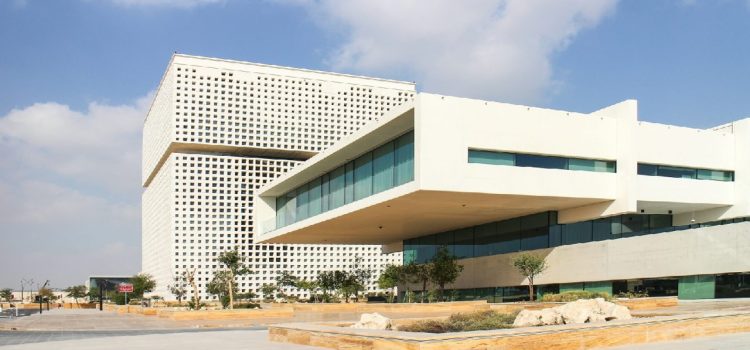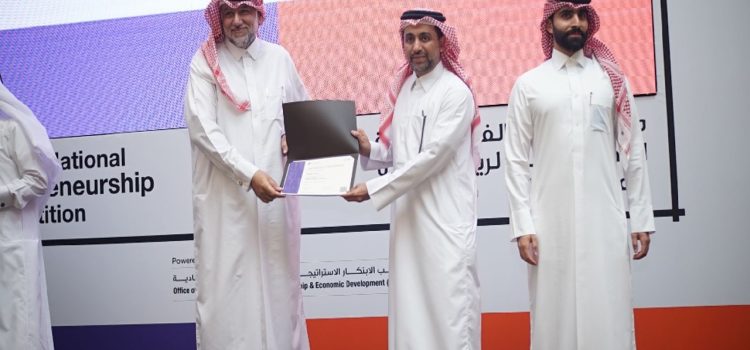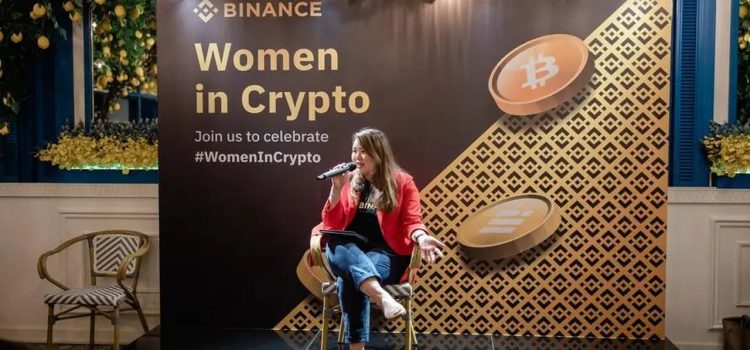In March 2022 Dubai announced the launch of the world’s first virtual asset regulatory authority. The authority would be set up to grant blockchain and crypto licenses in Dubai UAE. VARA then announced the first presence of a virtual asset regulatory authority in the metaverse with its headquarters in the Sandbox. Soon afterwards VARA hired the first CEO to head a virtual asset regulator, Mr Henson Orser.
As per the recently published rulebooks the goal of VARA is to promote the Emirate and ultimately the UAE as a safe and progressive jurisdiction worthy of attracting meaningful Virtual Asset growth and innovation, in complement with all related UAE Government programs, and position VARA and the UAE as globally trusted and respected in the realm of international law.
Henson Orser in an interview with LaraontheBlock clarifies how the first global comprehensive rule book for VASPs and issuance of virtual assets issued by VARA in February 2023 is achieving its aim of becoming a global leading regulatory authority and jurisdiction.
The importance of VARA for UAE’s D33 strategy
Orser believes that VARA not only aims to help develop the virtual asset regulations globally given the enormous demand for regulatory clarity worldwide but is also a part of the broader initiative under D33 (Dubai 33). He explains, “Dubai’s D33 Economic Plan has outlined our mission to establish the Emirate as the capital of the Future Economy. VARA was launched as the world’s only independent and specialist regulator for Virtual Assets to serve as the accelerator for a truly borderless Digital Economy. Our regulatory framework, which is first of its kind, has been structured to accelerate Dubai’s economic agenda and sustainable market growth.
VARA according to Orser assists in achieving the objectives of Dubai 33, a strategy that targets to double the size of Dubai’s economy to $8.7 trillion by 2033 making it top three global cities, because it encourages innovation and technology which will attract individuals and companies to the city.
He adds, “VARA follows Dubai’s footsteps in global innovation, fostering collaboration between public, private and government entities to enable economic independence and create long term value. Dubai’s virtual asset regulations set out a comprehensive framework built on principles of economic sustainability and cross-border financial security. Ultimately, by defining an equitable framework, we help mitigate risk and create space for newcomers and seasoned players alike to innovate responsibly.
Dubai VARA and its relation to UAE Securities and Commodities Authority
On January 14th 2023, the UAE Security and Commodity Authority released its federal regulations on crypto assets. It shed light on the interaction between the jurisdictions of VARA and SCA, by stating that no person may engage in Virtual Asset Activities in the UAE without obtaining a license from “the [SCA] or the Local Licensing Authorities such as VARA.
Questions have arisen as to the roles of both SCA and VARA. Is an SCA licensing enough to operate in Dubai and do entities regulated by VARA are overseen by SCA?
Orser when asked about the relationship with VARA noted that as we are dealing with a globally integrated, and borderless virtual economy. VARA is extremely fortunate to have such strong internal alignment and synchronization of local and federal efforts. He states, “These are absolute must-haves. Reflective of the UAE’s commitment to the new economy and confidence in the Metaverse and Web 3.0 ecosystems, VARA serves as the central authority for this specialized global industry mandated to provide VA oversight across the Emirate of Dubai [except DIFC], fully supported by relevant UAE Regulators and Legal Authorities to create a Global Operating Benchmark.”
He adds, “To this end, Cabinet Resolutions No. (111) and (112) of 2022 have been very effective in providing clarity on how the VA industry standards setting, rules enforcement and market protection responsibilities and authority assigned to VARA for the Emirate of Dubai, will be supported by SCA’s assurance of an agreed acceptable operating baseline across the wider UAE. Similarly, the UAE CB and SCA being the custodians responsible for National FATF compliance – will provide the guidance on Anti-Money Laundering [AML], Combating the Financing of Terrorism [CFT] and such other rules that warrant uncompromised consistency in execution.”
The importance of compliance to FATF
In June 2019, the Financial Action Task Force (FATF) adopted an Interpretive Note to Recommendation 15 to further clarify how the FATF requirements should apply in relation to Virtual Assets and Virtual Asset Service Providers.
VARA has exhaustively taken the FATF AML/CFT guidelines to heart in its extensive 7 Rulebooks.
Orser explains, “Compliance to FATF and its AML/CFT guidelines are an absolute top tier global principle that we adhere to and aim to set the global standard for. There is no compromising on these guidelines within VARA and so people entering the VARA regime can expect a zero-tolerance for failure environment, here in Dubai..”
VARA Positive stance on crypto staking
Globally, 2023 has seen a lot of news related to cryptocurrency staking service and severe penalties and fines being imposed by regulators where such programs were being undertaken without relevant supervision. In the VARA Rulebooks, staking is a fully regulated activity as VARA feels strongly for the need for full investor disclosure, including marketing and solicitation activities being tailored for specifically qualified audiences.
Further elaborating on VARA’s perspective in permitting VA staking, Henson explained “We strongly believe that so far as a VASP exhibits the right level of responsibility and demonstrates robust transparency, investors must be able to effectively benefit from the offering that is built on permissioned DeFi protocols with proper regulatory guardrails and mandatory disclosures. When it comes to proof of stake versus proof of work tokens, we are also studying many of the interesting developments in protocols, with a strong focus on environmental sustainability.
VARA DeFi Regulatory Sandbox
While the term DeFi is not specifically referenced in the 7 Rulebooks from VARA, DeFi lies very much at the core of Dubai’s Future Economy considerations.
Orser explained that VARA’s Rulebooks have focused on facilitating borderless ‘value-exchange’ both in the traditional and new economy contexts, by leveraging a full spectrum of cross-cutting ‘activities’, which should not in any way be construed as TradFi specific.
He states, “We are well aware that in this sector new technologies and products will be continually emerging, and constructively challenging traditional financial systems. It is exactly for this reason that VARA has been constructed as a technology agnostic and product-neutral framework that allows us to remain progressive and future-focused. This means that our regime will provide for R&D sandboxes to test, learn and evolve prototypes across DeFis and DAOs today, to wider innovations across Metaverse and Web3.0. As we have maintained, the VARA Regulations will strike a measured balance between remaining agile so we benefit from future waves of technological innovations, yet being definitive in their ability to provide the required market certainty, FATF assurances, and cross-border security which are non-compromisable to us.”
Privacy coins no go at VARA
The rules on privacy coins are pretty simple says Orser. “Rather than going through specific examples of coins that will or will not be prohibited, we think it is important to emphasize how this issue is handled in VARA’s regulations. Our definition of an anonymity-enhanced cryptocurrency states that the prohibition will apply when a VASP has no means of establishing traceability or identifying ownership in relation to that cryptocurrency. If a VASP or a particular token or coin has the right technology or mechanisms to establish traceability or identify ownership, then Virtual Asset activity on that cryptocurrency may be conducted.”
VARA is therefore focused on preventing financial crime and ensuring that the highest standards are met by VASPs in the areas of anti-money laundering and combating the financing of terrorism.
He concludes, “We hope the above provides you with a better understanding of VARA’s approach to this issue”.
NFTs within VARA regime
While no direct reference was made to the term NFTs [Non-Fungible Tokens] within VARA’s Rulebooks, Orser says that this again refers to the product neutrality of VARA’s rule sets, and what VARA will govern is the activity of issuance which will include NFTs.
He explains, “To the extent that an entity or someone is issuing an NFT, VARA will determine whether the NFT issuance warrants regulation or is substantive enough to be registered under regulatory supervision within VARA. After that the consequent distribution, buying and selling of that NFT are covered in our Exchange, Brokerage and Payment and Remittance Rulebooks.”
Virtual asset mining under VARA
While VARA did not offer a rule book for virtual asset mining activity, in its Rulebook on VASPs it mentions virtual asset mining stating that all VASPs which have investments in Virtual Asset mining or staking businesses or conduct or facilitate Virtual Asset mining or staking activities [including by way of selling equipment] shall make publicly available in a prominent place on their website, up-to-date information related to, the use of renewable and/or waste energy [e.g. hydroelectric energy, flared gas] by the VASP or its Group in the course of conducting Virtual Asset mining or staking activities as well as initiatives relating to decarbonization [e.g. purchase of carbon offsets] and emission reduction of Virtual Asset mining or staking activities.
Orser clarified, “As we have maintained the principle of VARA’s framework is its ‘live’ nature which particularly applies to topics like ESG that are globally evolving, and rapidly maturing around us. We are constantly getting feedback, and suggestions from VASPs as well as other regulators that have subject matter expertise. As such we will on a quarterly basis look to include relevant advancements in some of these globally acceptable principles in order to make the end result truly borderless and interoperable.”
The End of FTX
The FTX debacle set the crypto ecosystem years behind according to experts in the industry. With the launch of VARA and the publication of its rulebooks, will disasters such as FTX happen again?
Orser believes that 2023 will see greater regulation in this industry with a focus on consolidation, international coordination, financial crime compliance and consumer protection in light of the ongoing hyper-volatility surrounding the VA industry. He noted that, “Dubai has found strong acknowledgment from international peers for its unwavering stance. Most importantly it has been heartening to see that the industry itself is keen on having regulatory oversight, supervisory support and facilitation of responsible actors, and to this end VARA remains committed to working with the industry and peer regulators to ensure that market stability and investor protection remain sacrosanct.”
Note: This is a copyrighted interview any replication of this interview has to be as carried out with exact quotes from CEO of VARA and sourced to LaraontheBlock









